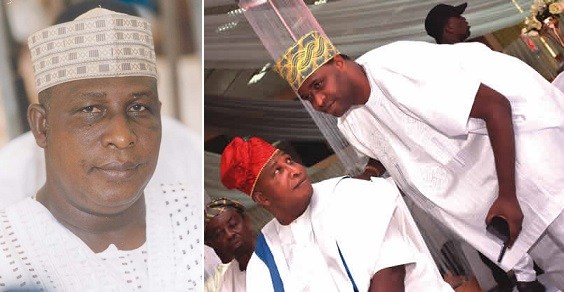
Veteran actor, Adebayo Salami popularly known as Oga Bello, needs little or no introduction in the entertainment scene.
The actor who has been in the movie industry for decades, talked about his career, family and more in a new interview with Sunday Scoop.
Read Below;
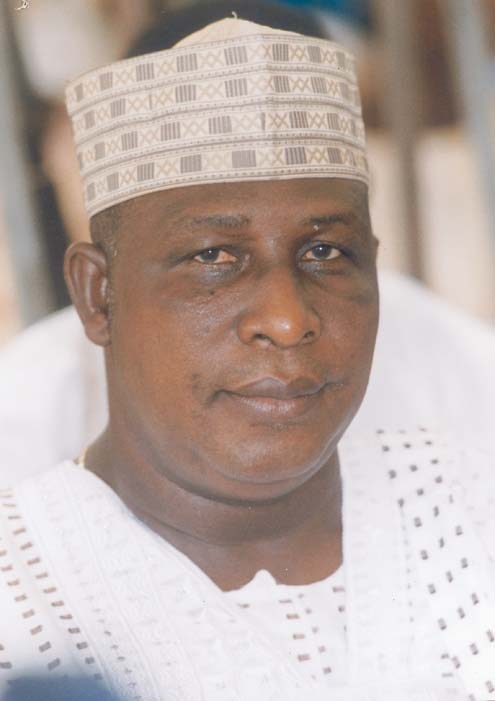
What stirred your interest in the movie industry?
From a very young age, I had always been interested in anything that had to do with arts and culture. I grew up in Lagos Island and there were a lot of activities that went on there in those days.
Were there theatre practitioners you looked up to in those days?
Of course. There were people like Hubert Ogunde, Ojo Ladipo, aka Baba Mero, Oyin Adejobi, Ayinla Olumegbon, among others.
What were the steps you took before joining the theatre industry back then?
I used to watch a TV series, Village Doctor, produced by Hubert Ogunde, and that was what inspired me. I also used to watch Ayinla Olumegbon's plays because where they used to have their rehearsals was not far from our house.
Also, at the back of my school, I used to hear drumming and I was very curious as to where it was coming from. One day, I decided to go and watch them, and I later joined them. Their name was the Young Stars Concert Party.
The criteria for joining them was that one had to pay a huge sum of money, which was one pound, one shilling. I had to source for the money, and when it was complete, I joined them.
What was the reaction of your parents when you wanted to start acting?
There was no parent that supported their children going into theatre production in those days. Particularly in the town where I come from, religion was taken very seriously. I was also the first child, and people felt it wasn't proper for me to become an actor. The profession was looked down on in those days, and they only respected people like doctors and lawyers. It was quite tough in those days. But I thank God that today, the story has changed.
When did your parents start accepting your choice of profession?
They only started accepting me when stardom came and there was one particular incident that changed their minds. One of my siblings was supposed to attend a school, but he wasn't given a letter of admission, even though he had earlier been shortlisted.
On one fateful day, my uncle asked me to drive them to the school, and when we got there, a crowd of people swarmed around me chanting my name. When we got to the office of the admission officer, the man also received us well and asked me what I wanted.
We were immediately given the admission letter. That incident convinced my people that the path I was on was the right one for me.
Did you have any other ambition apart from being an actor?
I had the ambition to become a lawyer but I didn't have the opportunity to pursue it because there was no money at that time.
Was it because of your ambition to become a lawyer that you encouraged your son, Femi, to study law?
I never discussed that with him. It was entirely his decision to study law and I supported him. As a matter of fact, my godfather, Alhaji Femi Okunnu, is a lawyer, and I named Femi after him. I worked with him as his personal assistant when he was the Federal Commissioner for Works.
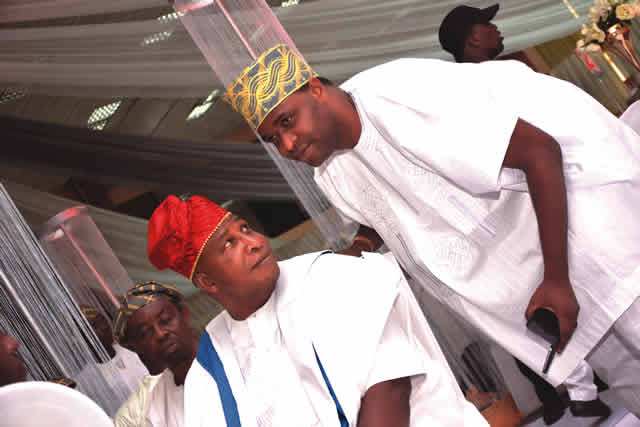
What was the first production you partook in?
In terms of stage plays, the first production I took part in was titled, B'aiyebayehun, and I acted the role of a witch doctor. Before the production, three of us auditioned for that part before I was eventually selected. That was in 1971. But we had been doing television series since 1969 with Baba Mero, who was the leader of the Young Stars Concert Party. But the name of the group was later changed to Ojo Ladipo Theatre.
Can you recall the names of your contemporaries who you started the profession with?
I will mention the names of those that are still acting because if I call the names of those no longer doing the job, many people wouldn't know them. There were people like Iya Awero, Tajudeen Gbadamosi, the late Osumare, Jinadu Ewele, among others.
What were the challenges you faced in those days?
There were lots of challenges but we weren't doing the job just to make money; we were passionate about it. Back then, while acting, I was also working at the Federal Ministry of Works and Housing as a library assistant. Whatever money I made from my regular job, I ended up spending it on theatre productions. Sometimes, we would want to go and stage plays, but there wouldn't be money to print posters or do any form of advertisement.
Which production do you regard as your breakthrough?
It was the television series that brought me stardom because people liked it, and we were well appreciated. In terms of stage plays, it was Ogbongbemiga, which we staged at Glover Hall in Lagos Island that was the breakthrough for me. A lot of people came to watch that play and they really loved it.
Which was the first home video you appeared in?
I didn't start doing home videos on time because we were producing on celluloid then. I remember that I shot my first cinema movie in 1985 and it was titled, Ogun Ajaiye, followed by Omo O'rukan in 1987. In 1989, I shot Eri Okan. However, I started shooting home videos in 1993, and my first movie was Asewo to re Mecca.
Asewo to re Mecca was a very successful movie, how were you able to put it all together?
The process starts from writing the story. I just wanted to teach a lesson on the covenant that people have with God. It was about two prostitutes who went to Mecca and they vowed that they wouldn't return to their dirty pasts.
However, one of them reneged, while the other kept her promise; and they both got the appropriate rewards for their actions. It was the same experience we used to shoot cinema movies that I applied in making that film. I felt that the home videos that were made in those days could be improved upon, and eventually Asewo to re Mecca became a classic.
What were the things you considered before choosing the lead actresses for the movie?
For the lead roles, the physiques of Sola Sobowale and Toyin Adegbola were exactly what I was looking for. And they are also talented because we carried out auditions, and they passed. I didn't really face any challenge while shooting the movie because there was money, and marketing was also good in those days.
What was the biggest thing you gained from the movie?
I made profits and it boosted my profile. It also changed the face of home videos that were being made then.
How many movies have you produced thus far?
I have produced 17 movies.
Have you ever undergone any training as an actor?
Yes, I did. When it comes to training, practical experience is the most important. All those times we used to go for rehearsals, we were training. At a time, I joined the British Council where I was also trained. I later attended a school that was affiliated with the University of Lagos. Meanwhile, I also read books on stage production and attended lots of seminars and workshops.
Do you often involve your children in your movie productions?
I didn't involve them when they were younger because they were still in school. But I had a group called Awada Kerikeri, and whenever my children were on holiday, they usually followed me to our rehearsals. However, now that some of them have joined the industry, we work together.
What was your initial reaction when your children expressed interest in joining the movie industry?
I didn't feel bad. I only mandated them that they should all complete their education, and whatever they wanted to do after that was entirely up to them. I don't force them to do anything.
What advice did you give them when they wanted to join the industry?
I advised them based on my experience, and they have been following it. Even till date, whenever there is anything that they are confused about, they come to meet me and I guide them. I tutor them on how to behave, how to relate with their fans, among others. I cannot have this much experience and I wouldn't pass it on to my children who are in the same field with me.
Has there ever been a time that you went out with Femi and more fans swarmed around him than you?
There is no father that wouldn't be happy at such a thing because it is a thing of pride. But it's never like that because just as fans come around him, that's the same way they come around me.
How do you feel whenever you hear or read negative reports about your children?
Whenever I hear anything like that, the first thing I do is to find out whether it is true or not. Not everything that is written is actually true. If I find out that what they did is wrong, I have ways by which I correct them. And if they are being lied against, I would feel bad and fight against it because such things can damage their reputations.
Considering that you have a large family, how were you able to ensure that they grew up in unity and love?
It is simply the grace of God, and not by my own doing. I am happy that there is unity and love in my house; and all my children are progressing.
What qualities must an actor possess to be successful?
Firstly, you must be passionate about the job and also be talented. One should also undergo training, and practice it the way it ought to be done. If you do those things, people would accept you.
What are the things you feel are wrong in the movie industry at this time?
Our major problem is piracy and I believe everybody knows that. We need to get our marketing and distribution channels straightened out. We also need funds to produce good movies.
With the benefit of hindsight, is there anything you wish you had done differently?
One thing I may have termed a mistake, but which I consider to be destiny is raising a large family.
How do you unwind?
I've always been dedicated to my job so I don't really have much time to unwind. However, I like to be in the midst of my childhood friends talking and having fun. I also listen to indigenous music by people like Yusuf Olatunji, Haruna Ishola, among others. I could also decide to stay home and rest.
Have you ever harboured thoughts to become a singer?
No, I am not a singer. But music is intertwined with theatre, and I often compose songs for movies.
How do you like to dress?
I like to dress simply, neat and presentable. My life is very simple; I drive simple cars and do all my things in a simple way.
- PUNCH

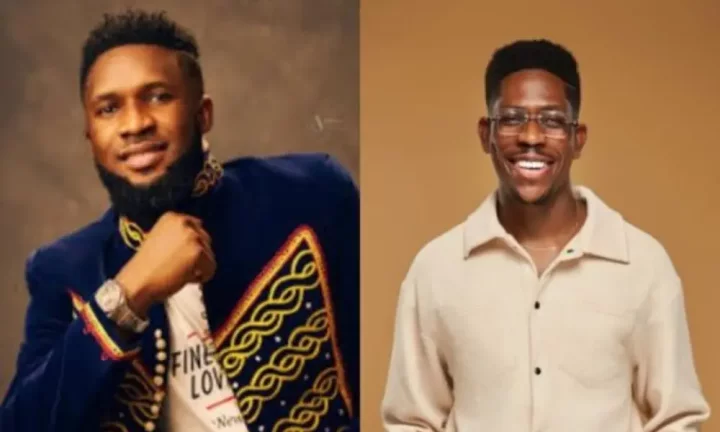
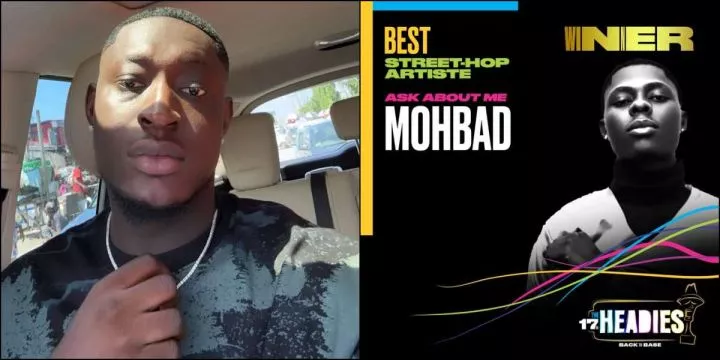


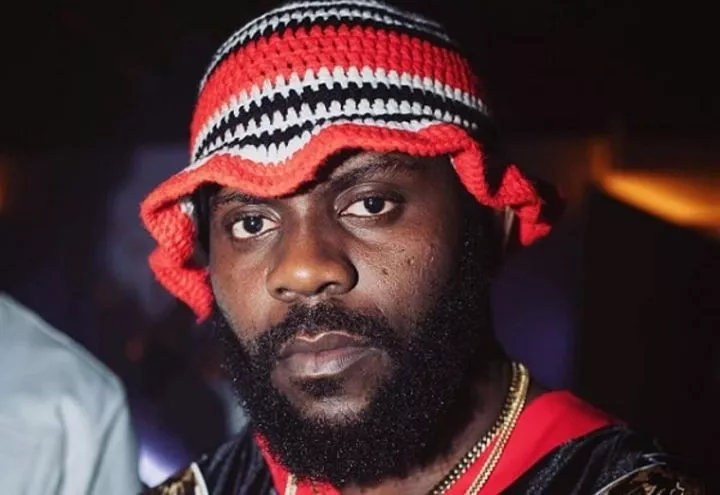
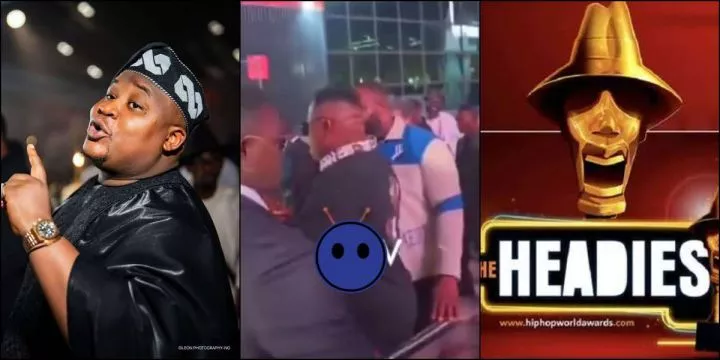
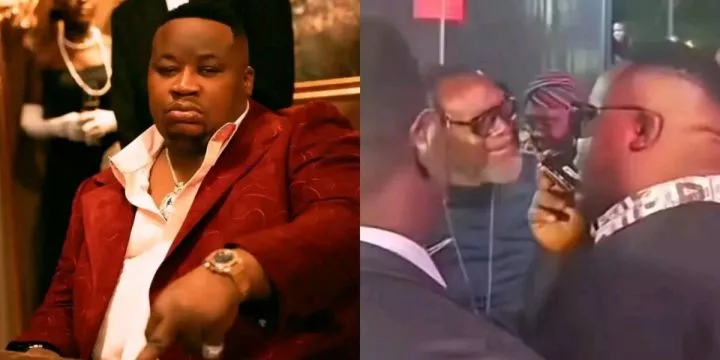
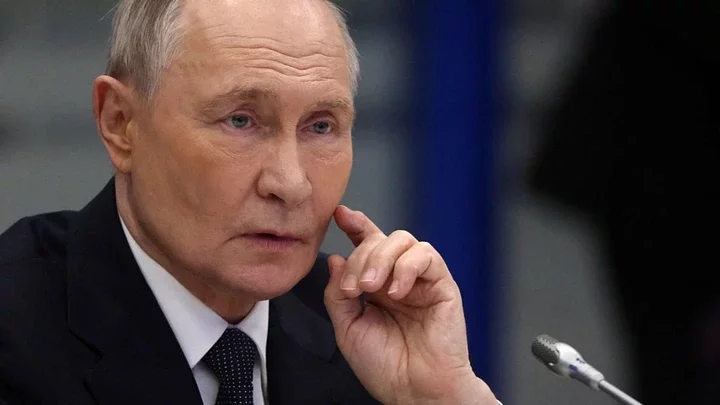
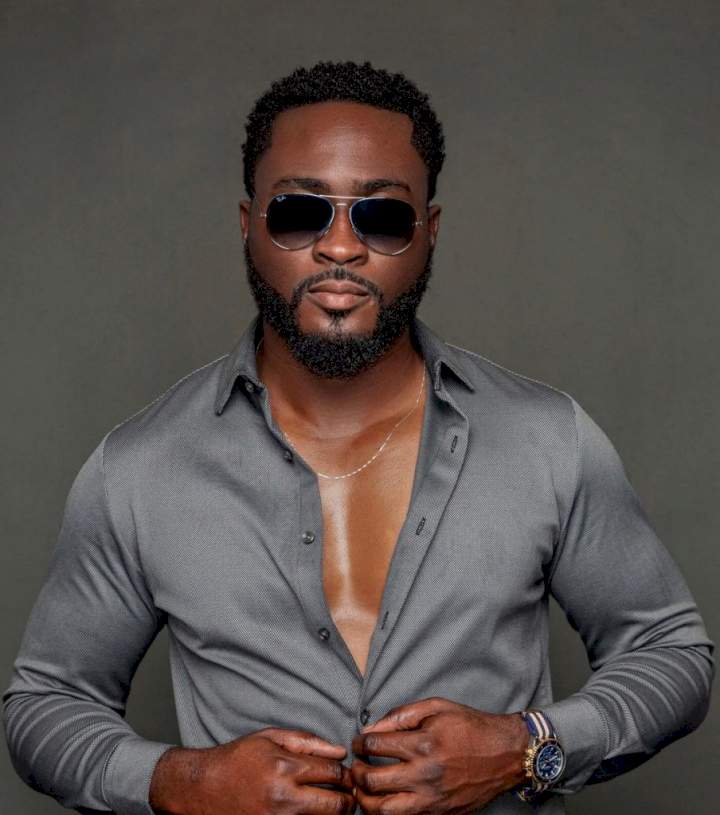

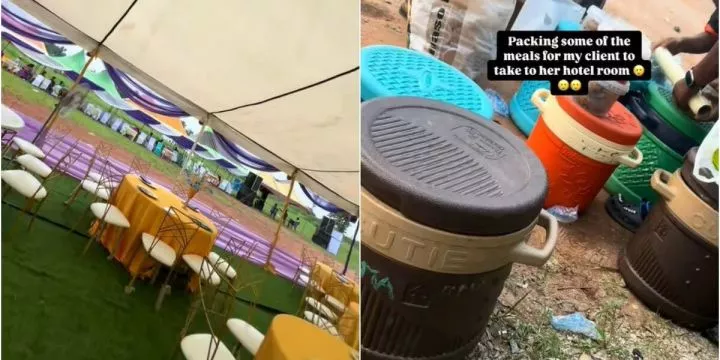
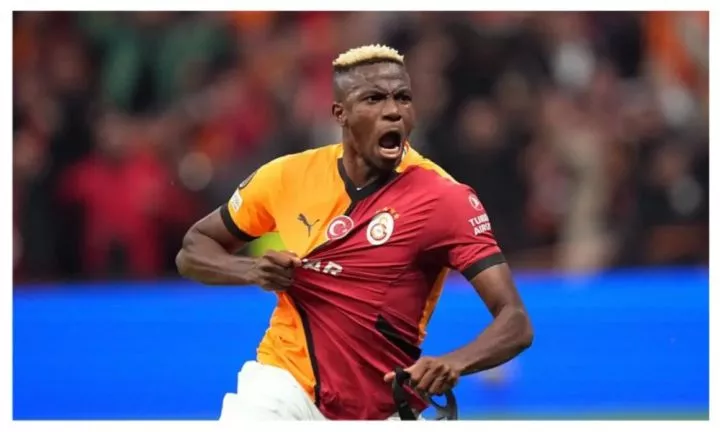

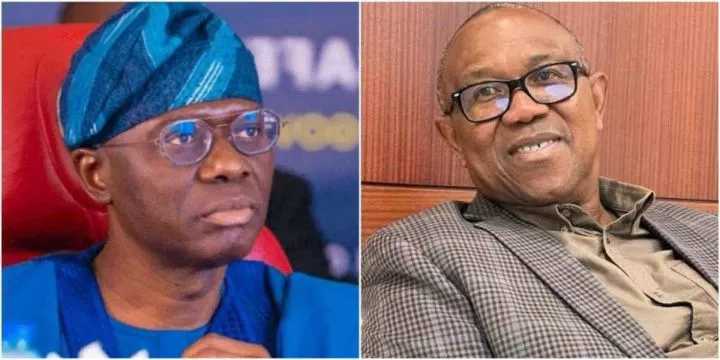
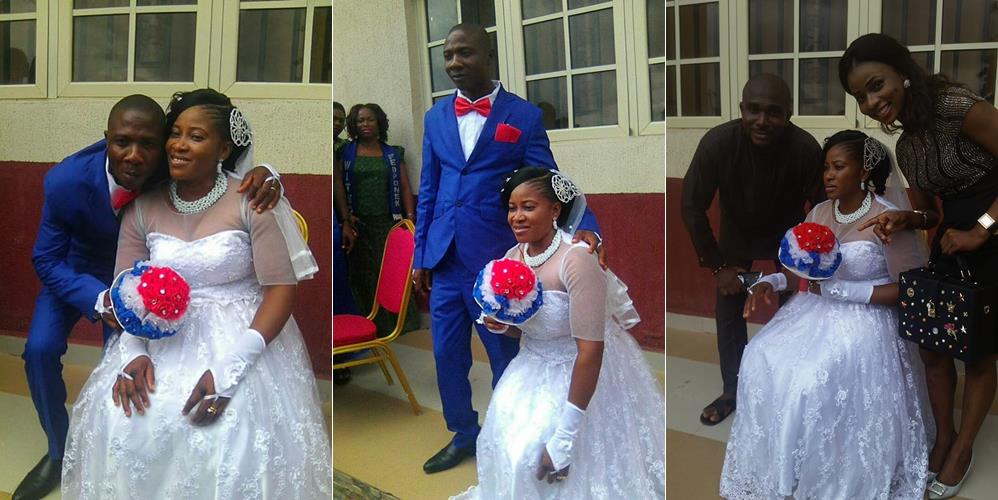

Comments